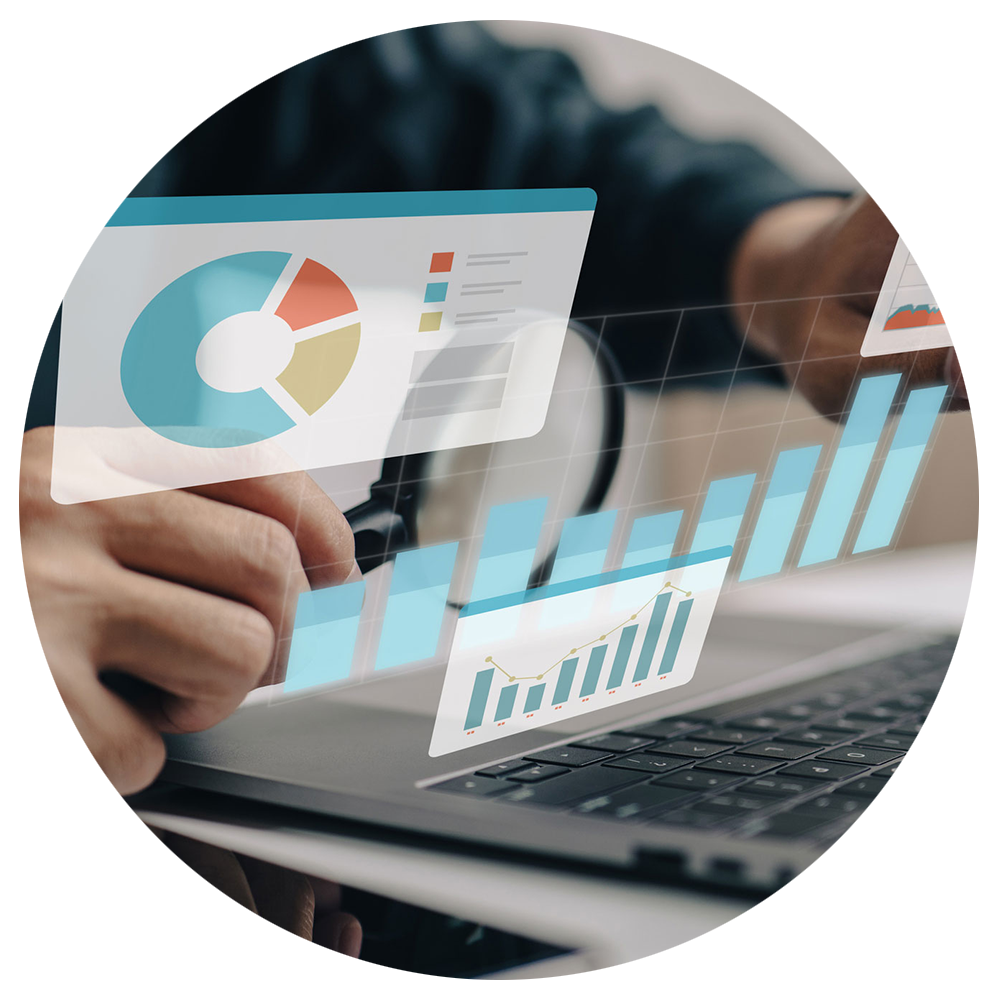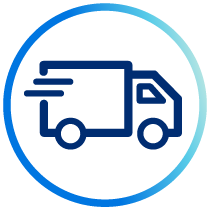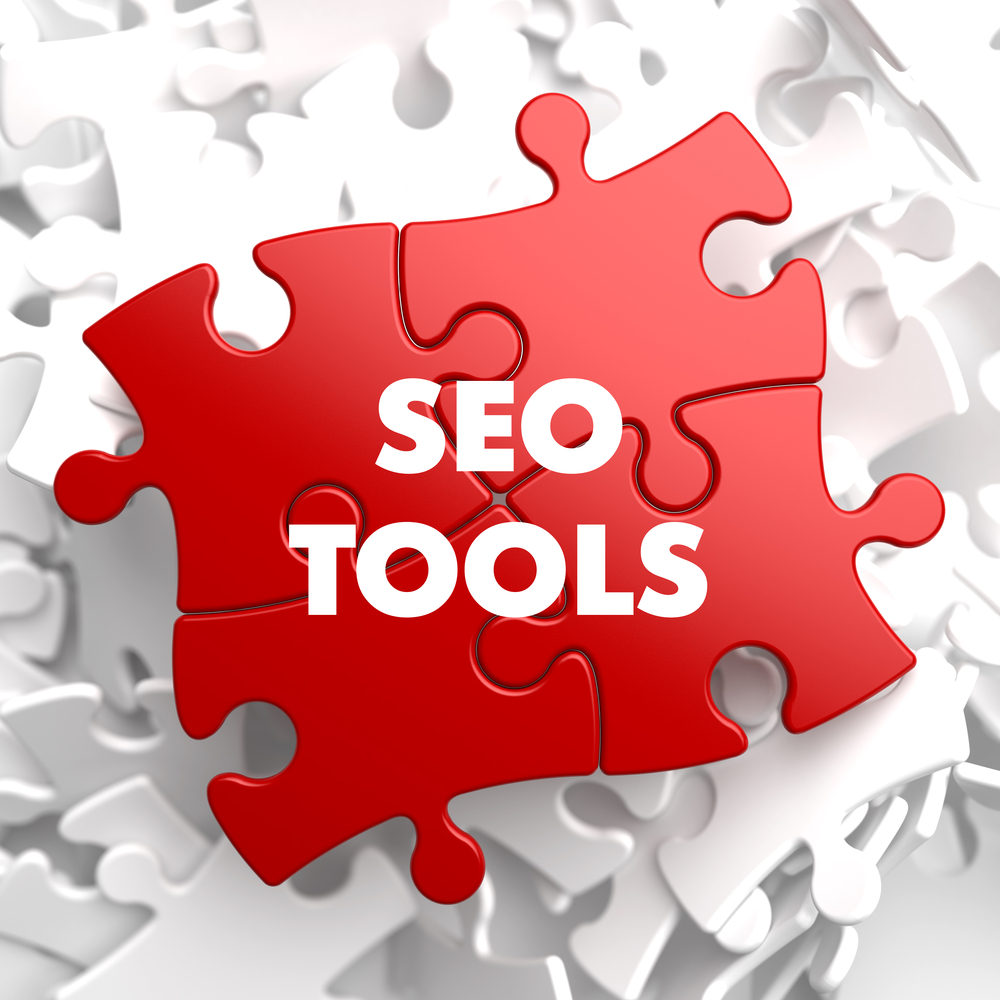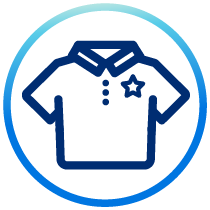Digital Marketing for Effective Lead Generation
You want to see a better return on your marketing investments. Creating a digital marketing plan is a complicated process, and it can be difficult for those unfamiliar with online platforms and strategies.

Inbound Marketing Focused on Your Best Prospects

Attract more prospects
You want to grow your business, but your current marketing strategies aren’t delivering the desired results. You first need to understand your audience and how your product or service can help them. You need to answer their questions as they research. You need to be helpful to them.

Create authoritative content
Inbound is a marketing ideology that focuses on providing helpful resources and information to consumers and businesses trying to find solutions. This marketing focuses on driving users to your site while simultaneously demonstrating how your product or service is the solution they need.

Build tailored strategies
Your business is unique, so you need a digital marketing strategy designed around you. We take the time to get to know your operation and work with you to create a list of priorities and outcomes you’d like to achieve.
Strategic planning
Turning visitors to your site into customers starts by building a complete buyer persona and journey, a fictional representation of your best customer and the steps they take toward making a purchase. If you know your customer — who they are, what they want and how they think — then you can best reach them.

Content marketing


Lead generation
You can have the best research, a beautiful website and fantastic content, but if they aren’t bringing you leads, then they aren’t working. A comprehensive conversion strategy gives your content the tools necessary to turn a visitor into a lead.
Social media management
Social media platforms are some of the most effective ways to communicate with online users. We can help you build your company’s page on these platforms and manage them full-time to ensure you have steady engagement with potential buyers, helping to build your brand.

SEO & Paid Media
If you’re unsure about the ROI (return on investment) you can expect from inbound marketing, pay-per-click (PPC) ads can be a great way to test the waters. With PPC ads, you only pay when a user engages with your post. Our team does the research necessary for a successful strategy.
Access to Additional Experts & Services

Shipping & Packaging
Combine effective digital marketing with exciting packaging solutions.
Don’t Waste Any More Time on Ineffective Marketing Campaigns
Contact GO2 Partners today to learn how we can help.

Customer Success Story
See how GO2 helped a manufacturer get the word out about its new services through a strategic messaging plan.
Latest News and Information

6 Digital Marketing Trends for 2024
Keep Reading

Digital Marketing: The Top Free SEO Tools
Keep Reading
Industries

Manufacturing
Increase efficiency and output in both the front office and on the shop floor with GO2.

Franchises
With a deep bench of expertise and resources, GO2 offers solutions so you can scale your business.

SaaS
Overcome the business challenges holding you back — operational, marketing, sales and more — with GO2.


